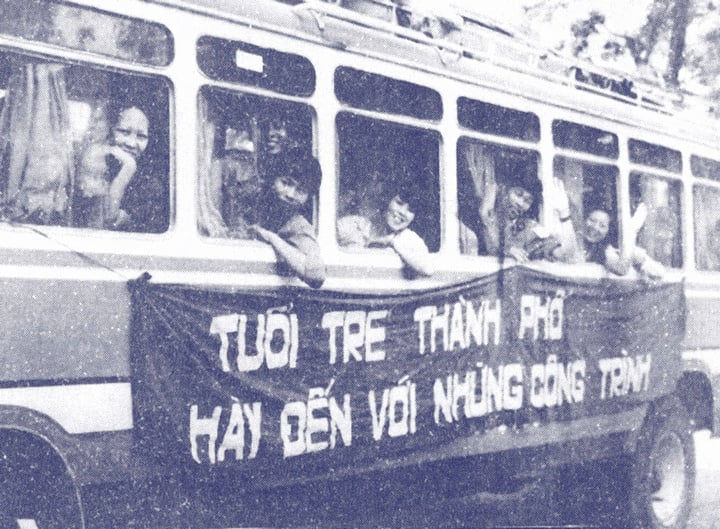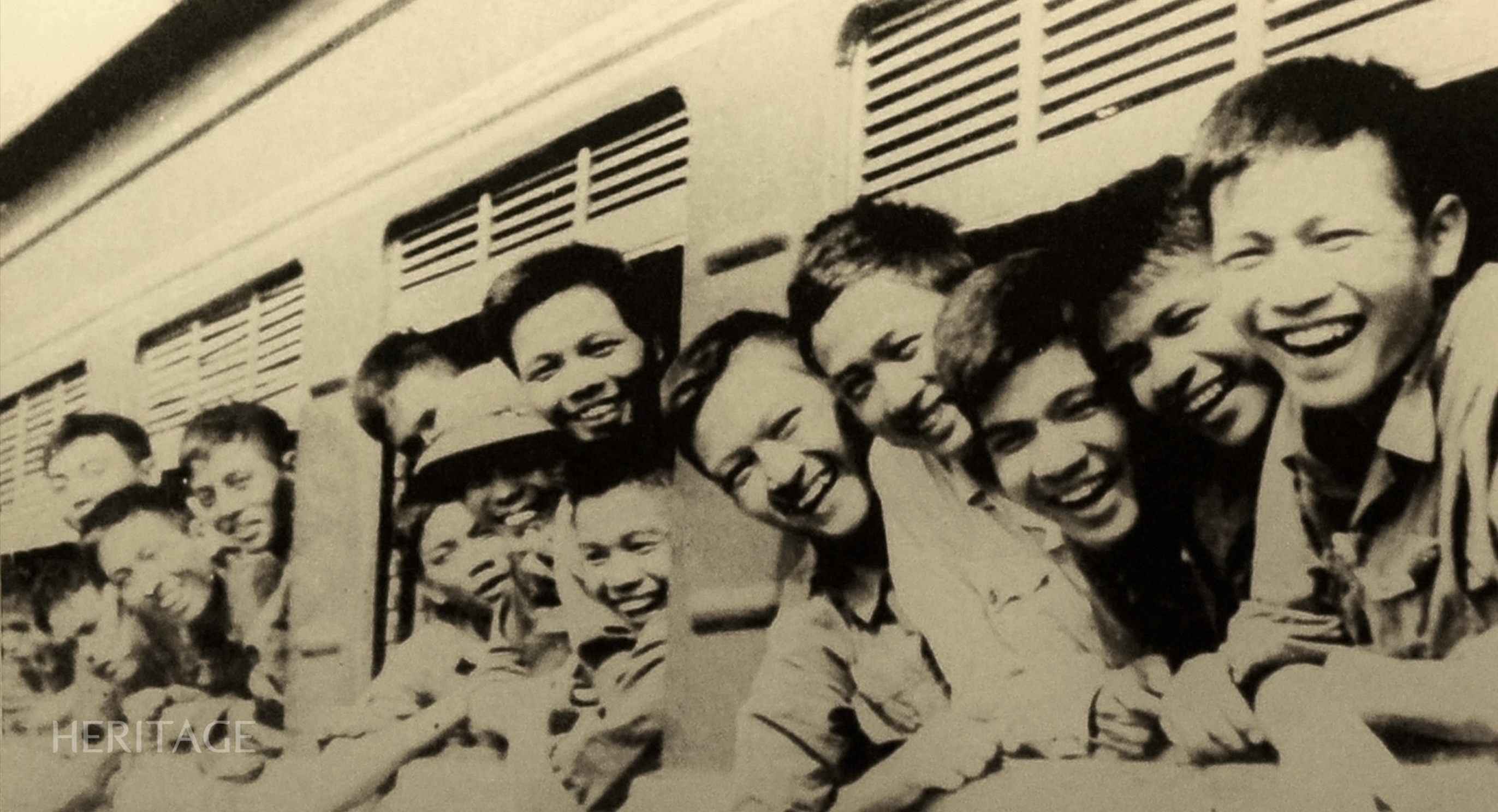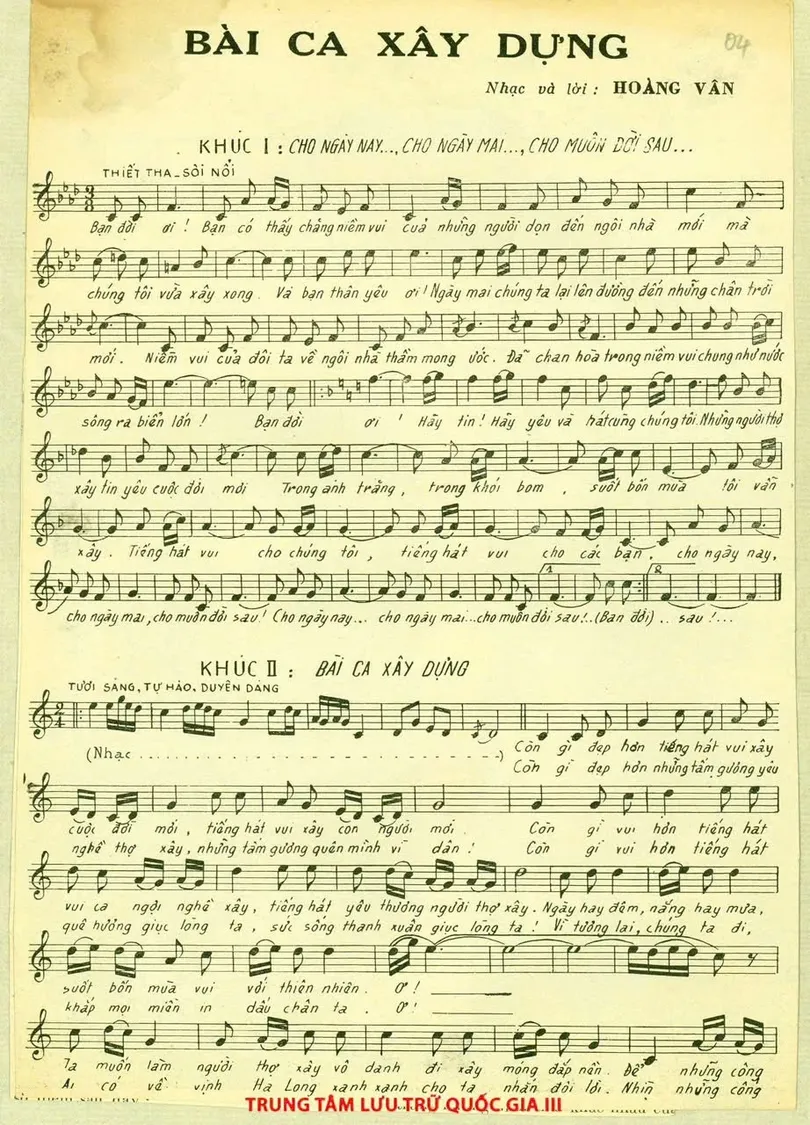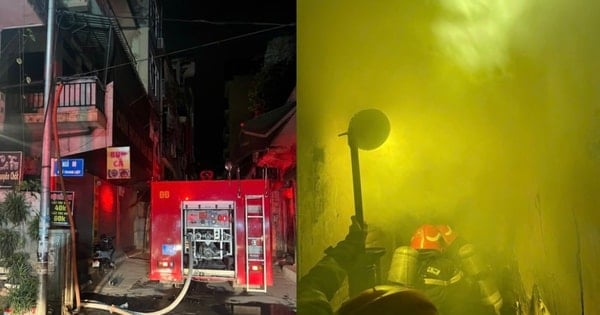Question: My mother gave her only house to my younger brother on the condition that he would take care of her for the rest of her life. However, after the transfer of ownership, my younger brother sold the house and moved to his wife's house, no longer taking care of his mother. So in this case, can my mother reclaim the property she gave her?
Reply:
Article 462 of the 2015 Civil Code provides for conditional donation of property.
Specifically, the donor may require the donee to perform one or more obligations before or after the donation. The conditions of the donation must not violate the prohibitions of law or be contrary to social ethics.
In case the obligation must be performed before the donation, if the donee has fulfilled the obligation but the donor does not deliver the property, the donor must pay the obligation that the donee has performed.
In case the donee fails to perform the obligation after the donation, the donor has the right to reclaim the donated property and request compensation for damages.
Considering that your mother's condition requiring your younger brother to take care of her until she is old is not against the law or social ethics, this conditional property donation contract meets the conditions prescribed by law.
Your mother also transferred the house to your brother, which is a contract.
However, your younger brother did not fulfill the condition of taking care of your mother until she was old, but instead sold the house and moved to his wife's house without taking care of your mother. Therefore, it can be seen that your younger brother violated the conditions of the conditional donation contract.
As mentioned above, "in case the donee fails to perform the obligation after the donation, the donor has the right to reclaim the property and request compensation for damages".
Therefore, in this case, your mother has the right to ask your brother to return the property and claim compensation for damages according to the provisions of law.
Minh Hoa (t/h)
Source




![[Photo] Prime Minister Pham Minh Chinh chairs the Government's special meeting on law-making in April](https://vstatic.vietnam.vn/vietnam/resource/IMAGE/2025/4/13/8b2071d47adc4c22ac3a9534d12ddc17)





























![[Photo] Closing of the 11th Conference of the 13th Central Committee of the Communist Party of Vietnam](https://vstatic.vietnam.vn/vietnam/resource/IMAGE/2025/4/12/114b57fe6e9b4814a5ddfacf6dfe5b7f)






























































Comment (0)